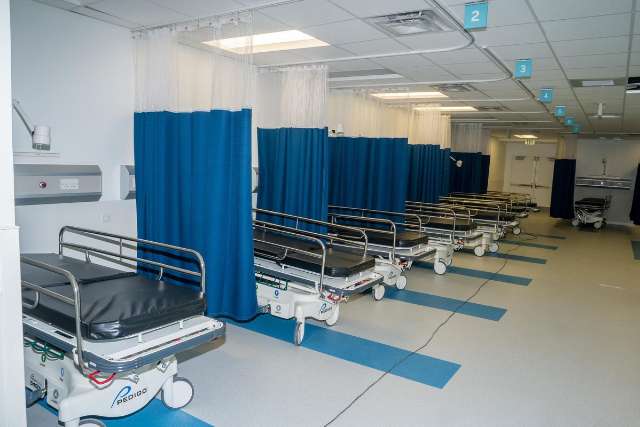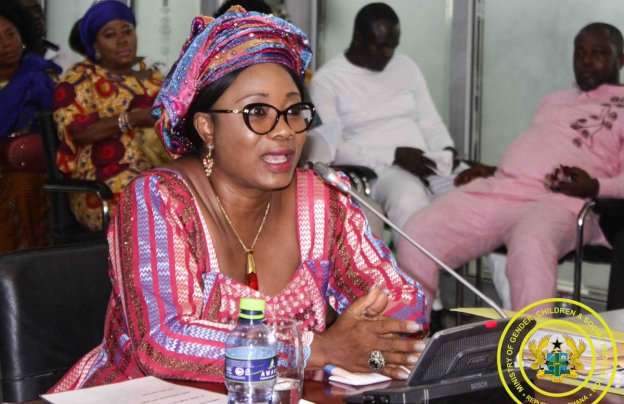The Pre-Tertiary Education Bill, if passed in its current state, will present dangerous consequences to education management as well as inhibit professional development of teachers in the country, teacher unions in the Northern Region have cautioned.
A statement read at a joint-press conference by the teacher unions in Tamale on Tuesday said the Pre-Tertiary Education Bill, if passed in its current form, might result in poor management of the education sector since some District Assemblies did not have the wherewithal to prosecute the tasks assigned them under the Bill.
The statement was signed by the Northern Regional Chairmen and their Secretaries of the Ghana National Association of Teachers (GNAT), Coalition of Concerned Teachers, Ghana, and the National Association of Graduate Teachers as well as the Northern Regional Industrial Relations Officer of the Teachers and Educational Workers Union.
Mr Atta Longiya, Northern Regional Chairman of GNAT, who read the statement, mentioned portions of the Bill saying, they sought to cede effective responsibility for the provision and management of basic schools to District Assemblies, put the Management of senior high schools to the Regional Education Directorate, and separate Technical and Vocational Education and Training to be managed by a Director General independent of the Ghana Education Service (GES).
Parliament is currently considering three Bills on Pre-Tertiary Education (2019).
Under section 32(3) of the Bill, the Head of the Local Government Service will be appointing heads and staff of the District Education Unit as well as be responsible for promotion, transfer, discipline and dismissal of staff of the District Education Unit.
Under section 32(4) of the Bill, inter-district transfer of a head teacher or staff of a basic school can only be undertaken by the Head of the Local Government Service whilst section 25(2) and 26(2) of the Bill stipulated that the President of the Republic shall be appointing Regional Directors and their Deputies and determining their terms and conditions of service.
Also, according to section 30(1c) of the Bill, the preparation, administration and control of budgetary allocations of the basic schools shall be determined by the District Assembly.
Mr Longiya said “If this Bill is allowed to go through in its current state, it has the tendency to break the unified educational arrangement we have now. It also has the potential of distorting the Unified Conditions of Service we are using now as the various District Assemblies will develop their independent Conditions of Service, which may not be in the best interest of our members.”
He said the Bill would not only open the education sector to political abuse but would be dangerous to education, adding, “It has the tendency of destroying the very fabric of the management arrangement of GES in the country.
He said “We are in Ghana and we know what politicians can do and we will not allow them to toy with the future of our children,” adding, “We would therefore, resist the passage of this Bill in its current form with all our legitimate might and strength as teachers.”
He reiterated that “We are reechoing the call by our National Leadership for the suspension of the Pre-Tertiary Education Bill for further and deeper stakeholder consultation.”
Source: GNA

















